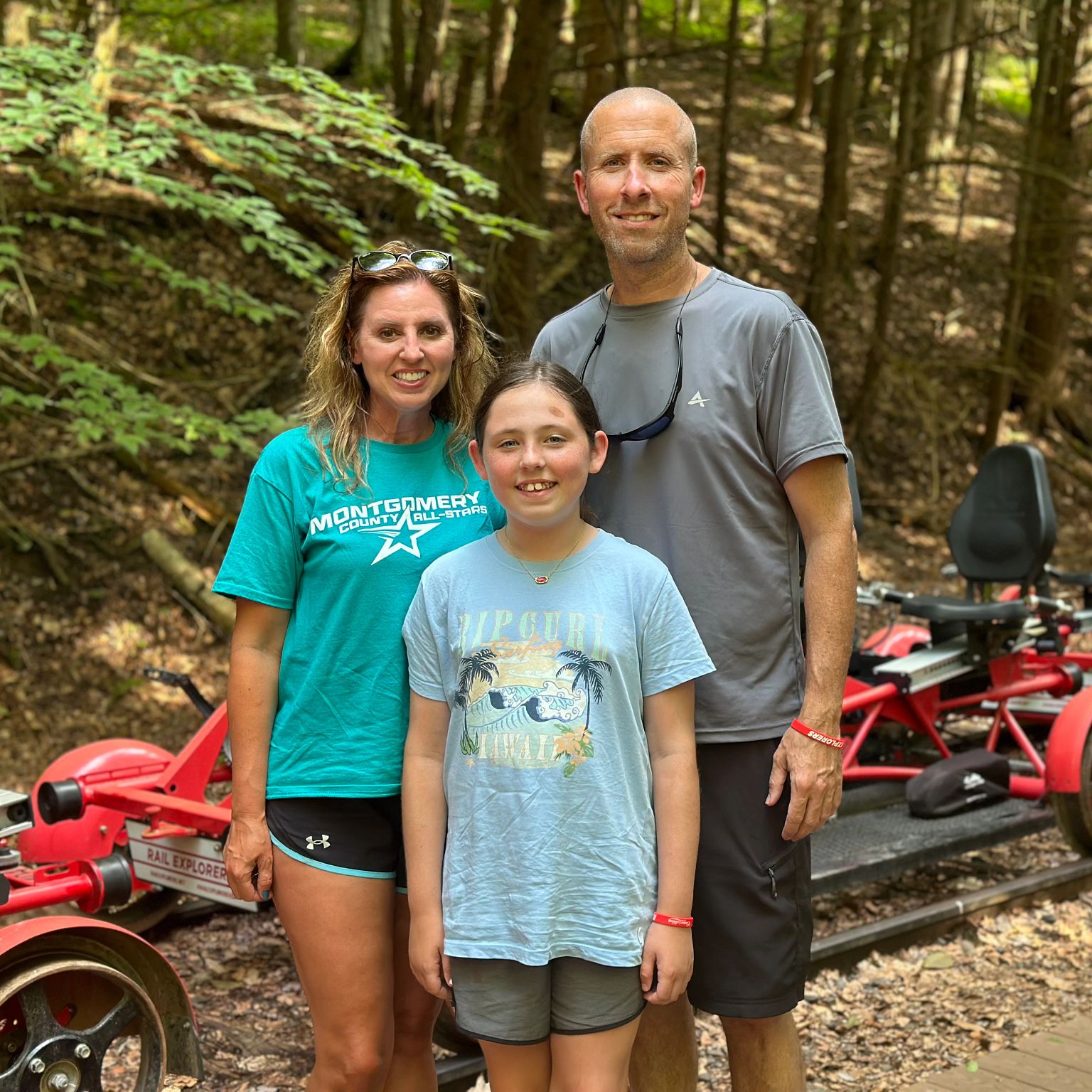AARP Hearing Center


I watched the sun rise over the Atlantic Ocean from the luxurious Cliff House in Cape Neddick, Maine, on a Tuesday morning, a full hour before it came up at home in North Carolina. As I listened to the waves crash against the rocky coastline, so different from the flat, Southern beaches that I’m used to, it could have been another planet. I noticed different-colored buoys signifying lobster traps. The presence of the traps, which weren’t there the previous night, was proof I wasn’t the only one crazy enough to be up at this hour. That’s when I started thinking of Daddy at home. He was probably getting ready to go to the blueberry patch to start picking before the heat kicked in, and I should be helping him.
For me, the guilt usually starts at about four days into a trip. A feeling that no matter how good a time I’m having, there is something important I’m supposed to be doing at home. I try to brush it away by checking out nearby tourist attractions and local must-dos, but the feeling still lingers. It’s the quiet times when everyone is still sleeping that the feeling is the strongest.
“Middle-aged adults often face unique responsibilities that make it hard to step away from home,” says Ryan Sultan, M.D., a psychiatrist and therapist at Integrative Psych, a holistic psychiatric and psychotherapy clinic. “They may be caregivers for aging parents while also supporting children, sometimes financially or emotionally. This ‘sandwich generation’ dynamic can lead to feelings of guilt when taking personal time for travel. There’s also the concern that leaving loved ones, even temporarily, might seem selfish or neglectful, despite good intentions.”


The sandwich generation
According to a 2021 Pew Research Center survey, about a quarter of U.S. adults (23 percent) are now part of the so-called sandwich generation. Pew defines these adults as having a parent 65 or older and either raising a child younger than 18 or providing financial support to an adult child.
“Parent care presents a psychological dilemma — the adult child is faced with the confusing role of caring for the people who are supposed to care for them, which can lead to feelings of anger and frustration followed by guilt and shame,” says Gary Small, M.D., chair of psychiatry at Hackensack University Medical Center and author of more than a dozen books on brain health.
Family obligations are the greatest source of traveler’s guilt for me. My daddy is not a traveler. If he had his way, none of us would leave the hill that we live on, atop the same road that my grandparents, uncles and cousins have lived on for longer than anyone can remember. Daddy never wanted to live anywhere other than our home in rural Montgomery County, North Carolina, a contentment that in some ways I envy. Once he returned home after being drafted into the Army in 1967, he never wanted to leave again.
These days while I worry more about my parents, now in their late 70s, when I’m away from home, that has not always been the main source of my traveler’s guilt. My daughter is 12 now, but I remember just a few years ago she was my primary concern whenever I traveled anywhere without her.
I distinctly remember a long weekend trip to Charleston with my husband when my daughter was a toddler. We left her with my parents while we took a rare couple’s trip. I literally started crying when it was close to bedtime, and I wouldn’t be there to tuck her in. Now, she travels with us more times than not, but occasionally we leave her with family when we travel. At 12 years old, the anguish is not as extreme, but still, in the back of my mind, there is a tiny pang of guilt.








































































You Might Also Like
What You Need to Know When You Leave a Cruise Ship
Things to keep in mind so you’re not left behind when you disembark at ports of call
25 Great Ways to Save on Your Next Vacation
Travel industry pros share tips to help you keep costs down, without skimping on funEmbrace Your Inner Scientist at These U.S. National Parks
Help identify invasive species, test water quality, track plant growth